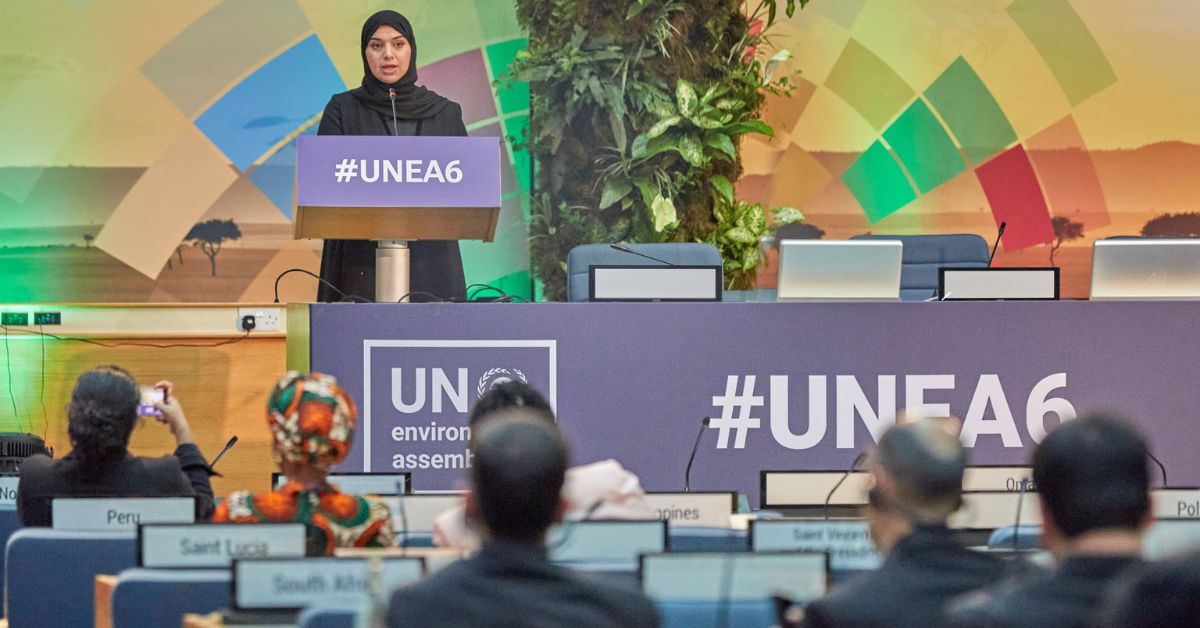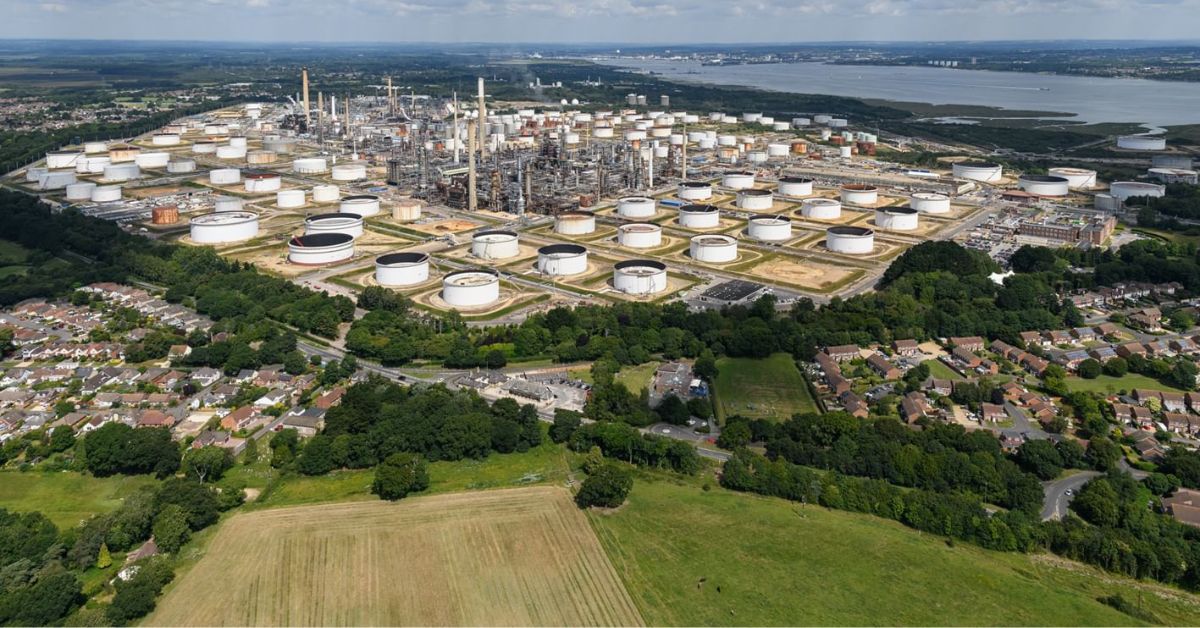DUBAI — The Middle East has emerged as an important region in the global fight against methane emissions, a critical factor in the race to curb global warming, a latest report has pointed out.
According to an analysis by the International Energy Agency (IEA), methane emissions from the energy sector remained near record highs in 2023. Yet, the Middle East, particularly nations like Saudi Arabia and the United Arab Emirates, is showcasing promising signs of progress, given their relatively low emissions intensities compared to other major global players.
The IEA’s Global Methane Tracker, the first comprehensive assessment since the conclusion of COP28, indicates that nearly 120 million tonnes of methane were emitted due to fossil fuel production and use in 2023, with the top 10 emitting countries accounting for two-thirds of this total.
The United States, Russia, and China lead in emissions from oil and gas operations and the coal sector, respectively. However, the focus has increasingly shifted to mitigation efforts and technological advancements that can bring about a substantial reduction in emissions.
At A Glance * The Middle East plays a key role in the global effort to combat methane emissions, a significant contributor to global warming. * Despite near-record high methane emissions in 2023, the Middle East, particularly Saudi Arabia and the UAE, shows promising progress with low emission intensities. * The IEA's Global Methane Tracker post-COP28 highlights that fossil fuel production and use were the main sources of nearly 120 million tonnes of methane emissions in 2023. * Methane's potent impact on global warming, due to its short atmospheric lifespan, underscores the importance of rapid emission reduction efforts. * The IEA points out that 40% of methane emissions from fossil fuels could have been avoided at no net cost in 2023, highlighting the economic viability of reduction strategies. * The critical role of advanced technology, like the Environmental Defense Fund’s MethaneSAT, in monitoring and reducing methane emissions is increasingly recognized. * The IEA cautions that most methane reduction pledges lack detailed implementation plans, stressing the need for concrete actions to achieve the 2030 goals. * The Middle East's strategic initiatives and commitment to lower emission intensities position the region as a leader in the global transition to greener energy practices.
Methane, a potent greenhouse gas responsible for almost a third of the rise in global temperatures since the Industrial Revolution, presents a unique challenge and opportunity. Its short lifespan in the atmosphere compared to carbon dioxide means that effectively reducing methane emissions can have a rapid and significant impact on limiting global warming.
The Middle East’s role in this endeavor was highlighted at COP28, where new pledges and initiatives were launched to accelerate action on methane reduction.
The summit’s outcomes, including the first Global Stocktake, emphasized the urgent need for countries to substantially reduce methane emissions by 2030. The launch of the Oil and Gas Decarbonization Charter (OGDC) by over 50 oil and gas companies and the expansion of the Global Methane Pledge underscored the commitment to this cause.
Notably, the Middle Eastern countries’ efforts are supported by new policies and regulations announced in 2023, alongside international pledges to combat methane emissions. The region’s focus on high operational standards, policy action, and technology deployment aligns with global best practices for cost-effectively addressing methane emissions.
Saudi Arabia and the United Arab Emirates, with their lower emissions intensities, demonstrate that high emissions are not inevitable. Instead, they highlight the potential for significant improvement through strategic measures. The IEA emphasizes that around 40% of methane emissions from fossil fuel operations in 2023 could have been avoided at no net cost, underscoring the cost-effectiveness of addressing this challenge.

As the global community looks toward implementing and achieving the pledges made, the role of advanced technology in monitoring and reducing methane leaks becomes increasingly crucial. State-of-the-art satellites, such as the Environmental Defense Fund’s MethaneSAT, offer promising advancements in detecting and addressing methane emissions, providing timely information essential for informed action.
The momentum gained from COP28 in Dubai and the concerted efforts of countries and companies across the globe, including those in the Middle East, suggest a pivotal shift towards achieving a significant reduction in methane emissions by 2030.
However, the IEA cautions that most pledges need more detailed implementation plans, highlighting the ongoing need for commitment to transform pledges into action.
With the energy sector standing as the second-largest source of methane emissions from human activity, the push for substantial reduction by 2030 not only aligns with international climate targets but also represents a crucial step toward a more sustainable and climate-resilient future.
The Middle East, with its strategic initiatives and lower emission intensities, is at the forefront of these global efforts, underscoring the region’s potential to lead by example in the transition towards greener energy practices.








